The architecture under which the newly-appointed CDS has been placed and the charter given to him is commendable, provided the system lets him do his work
As the first Chief of Defence Staff (CDS), Gen Bipin Rawat has hit the ground running. He has been tasked with — or is expected to achieve — in three years what the country could not in 70. With all its fire and fury, the office of the CDS has finally arrived. The Bharatiya Janata Party (BJP)-led Government has fulfilled one more electoral pledge. The despatch with which 40 bureaucrats are being sidestepped from the Ministry of Defence (MoD) to its own newly-created Department of Military Affairs (DMA) is breath-taking. As a founder member of the Defence Planning Staff, which was revamped into the existing Integrated Defence Staff (IDS), I am familiar with the colossal teething problems and bottlenecks in creating a new institution in spite of the goodwill of the three Service Chiefs. In this instance, the civilian bureaucracy is relocating for the first time under a military head. Unique to India, the DMA will correct the aberration of the three Service headquarters being outliers. It will become integral to the MoD, thus facilitating, absent so far, the military’s role in decision-making. Wisely, this re-location in MoD has mandated existing single-service structures; their charters should remain undisturbed.
The CDS is multi-hatted. He is the Permanent Chairman of the Chiefs of Staff Committee (PC-CoSC), the head of IDS, Secretary to the DMA, Principal Advisor to the Defence Minister on tri-service matters, Advisor to the Prime Minister in the Nuclear National Command Authority (under which comes the Strategic Forces Command, which will be administered by the CDS), member of the Defence Acquisition Council and the Defence Planning Committee. The CDS’ charter is monumental. Essentially, he will prepare for the conversion of existing military commands in a phased manner (three years) to theatre commands; facilitate synergy and jointness in defence planning, operations, training and logistics, including prioritisation in inter-service arms procurement. Equally and importantly, the CDS will not exercise any military command, including over the three Service Chiefs, thus reducing him into the ultimate Chief of General Staff. He is clubbed with other Service Chiefs at Number 12 in warrant of precedence below Cabinet Secretary at Number 11.
The pivotal change has come in the MoD. That means grafting the extracted components from MoD that were dealing with service headquarters and other military agencies back into the MoD under the new DMA. The Defence Secretary, who is the principal secretary in MoD, has lost most of his military turf to the CDS. He is, thus, left with organisations like the Defence Estates, the National Defence College, the Institute of Defence Studies and Analyses and, of course, the functional coordination of four other departments of defence. Curiously, the presumably amended Government rules of business still leave him responsible for defence of India, defence policy and war preparedness. The DMA will ensure that the CDS replaces the Defence Secretary, who acted as the de facto CDS in determining priorities in arms acquisition of services and other tri-service issues. At long last, the CoSC, which historically had a rotating chairman from among the longest serving Service Chiefs, will now have a permanent incumbent, the CDS, to address tri-service matters and engender jointness more effectively.
For the CDS, the major challenge will be to implement the five-year defence acquisition and two-year annual roll plan based on “anticipated budget.” Without any financial commitment, defence planning will enter the realm of wishful planning. Unless this is grounded and realistic yardsticks are provided, the planning process will remain stymied. The second challenge is to integrate single-service plans into a synergised tri-service plan. Till joint theatre commands are introduced — based on national security doctrine and national security strategy — the CDS will at best be able to fine-tune services plans into an optimally effective joint plan. This should be done better than was done till today.
The MoD will now have one more Secretary (fifth) rank officer, the CDS, but in the pay-band of a Cabinet Secretary heading the DMA. The CDS elevated from among the Service Chiefs will be head and shoulders above the Defence Secretary. Until now, all matters relating to defence were channelled through the Defence Secretary to the Raksha Mantri. Will the CDS have direct access to the Defence Minister as he should, or will the existing system of “routing” prevail?
Similarly, relations between the CDS and the three Service Chiefs are one of primus inter pares among Generals who are equal and yet unequal. A Government statement read: “The CDS will not exercise any military command, including over the three Service Chiefs so as to be able to provide impartial advice to political leadership.” This directive is badly drafted. Simply stated, the CDS will not ride roughshod over single-Service chiefs. But how this plays out on the ground only time and personalities of the Chiefs will tell. In the Army, three-star Lt Gen-rank Corps Commanders are subordinate to three-star Army Commanders of the same rank and pay-band. In the reporting channel, too, there is an implied problem. Would the Service Chiefs report to the Defence Minister through the CDS or access him directly, or via the Defence Secretary? Some of these wrinkles will no doubt get ironed out in the times to come.
Stripping the CDS of all military command has been done to serve a political purpose and requires re-thinking. He should at least “command” and not “administer” the tri-service commands like the Andaman and Nicobar Command that was established in 2001, the cyber-space and Special Forces Commands, when raised. As for the SFC, he should command it but without operational control. All tri-service military organisations and institutions (including the dormant National Defence University) that have been retained with the Defence Secretary should gradually be transferred to the DMA.
The CDS should over time improve civil-military relations. Equally, the exaggerated fear of the military acting unconstitutionally should go. Baring one or two past aberrations, including one with an Army Chief who is now a Minister in the Union Government, the military has behaved impeccably, displaying unique, apolitical, professional and secular credentials while maintaining allegiance to civilian control. Reducing tension between civilian and military bureaucracies will require unbiased political intervention. The choices for theaterisation are either the British or American models. Both require to be studied for their relevance to the Indian geo-strategic environment. Defence Minister Rajnath Singh should order the winding up of the National Security Advisor Ajit Doval-led high-powered Defence Planning Committee. It has contributed little to defence planning and sharpening higher defence management.
Whether the CDS, bereft of all command, will be a paper tiger and his advice binding on Service Chiefs, as is doing the rounds of South Block, only the future will tell. The biggest handicap for the CDS in streamlining military robustness will be the continuing paucity of funds for defence modernisation due to a shrinking economy. Overall, the architecture under which the CDS has been placed and the charter given to him is commendable, provided the system lets him do his work. Still for a change, the Government has hit the bull’s eye.
(Writer: Ashok K Mehta; Courtesy: The Pioneer)







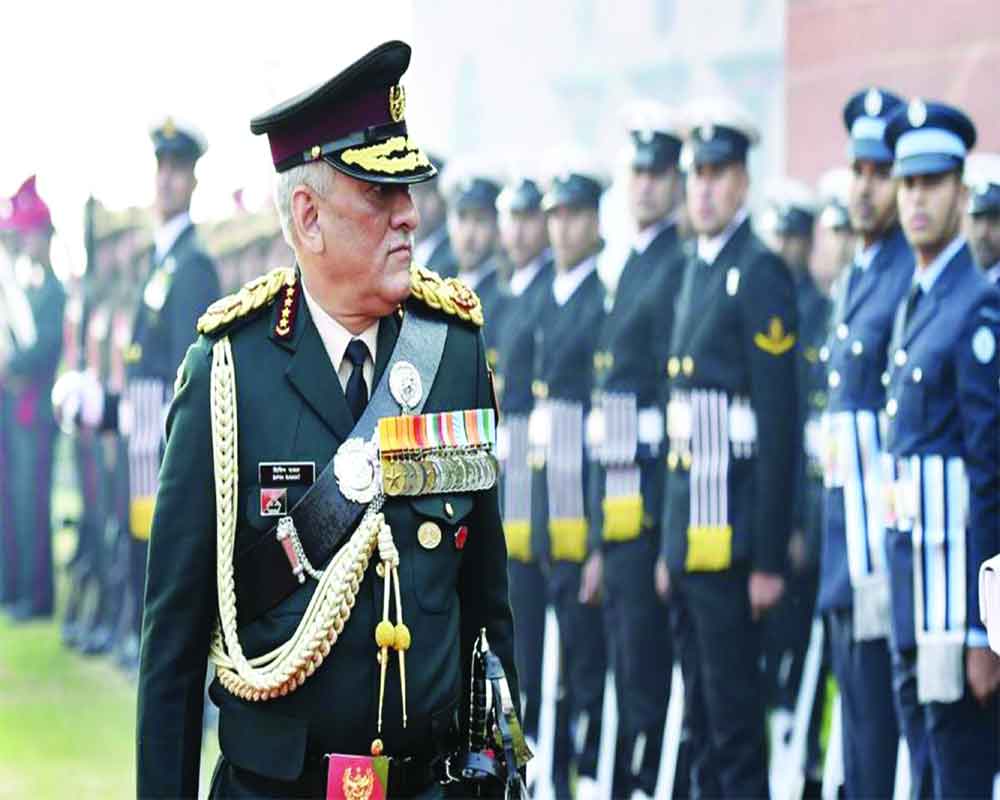
 OpinionExpress.In
OpinionExpress.In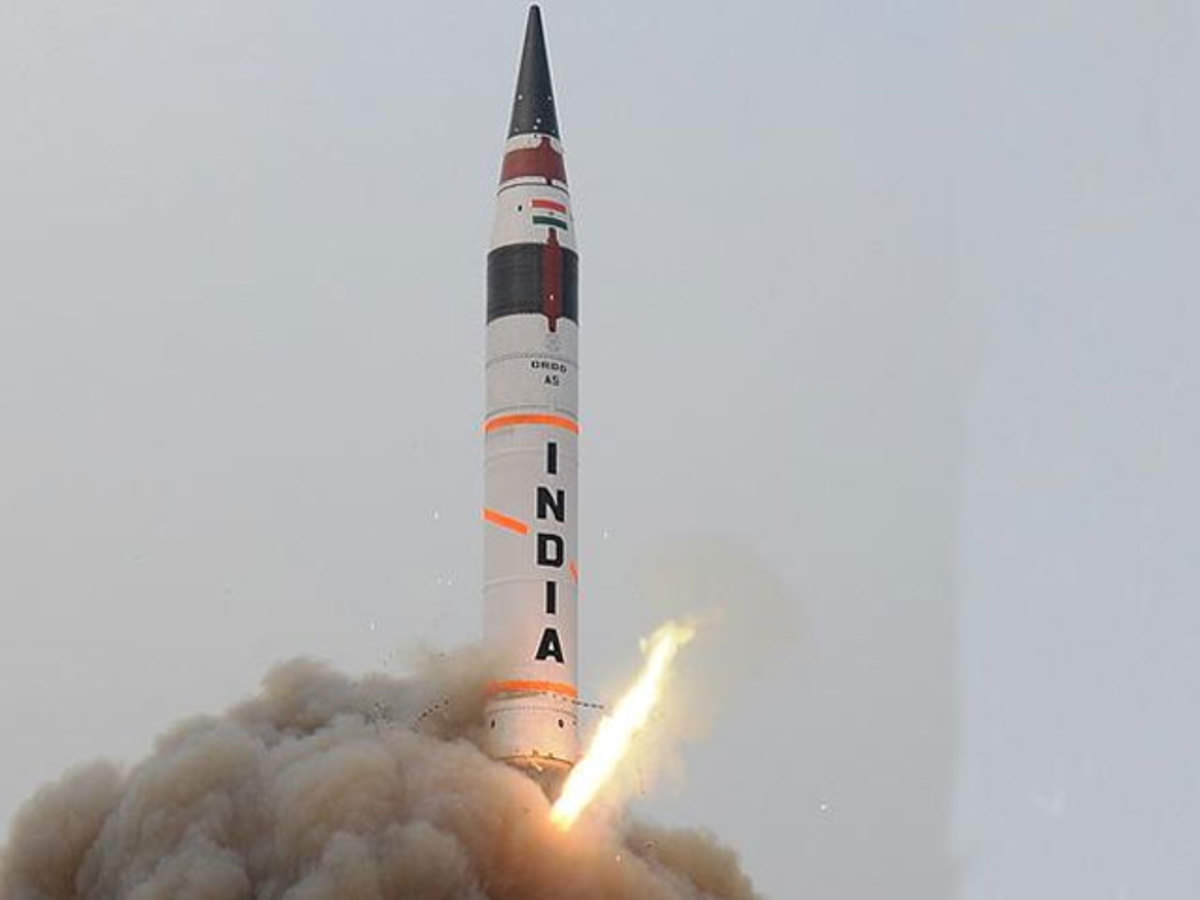
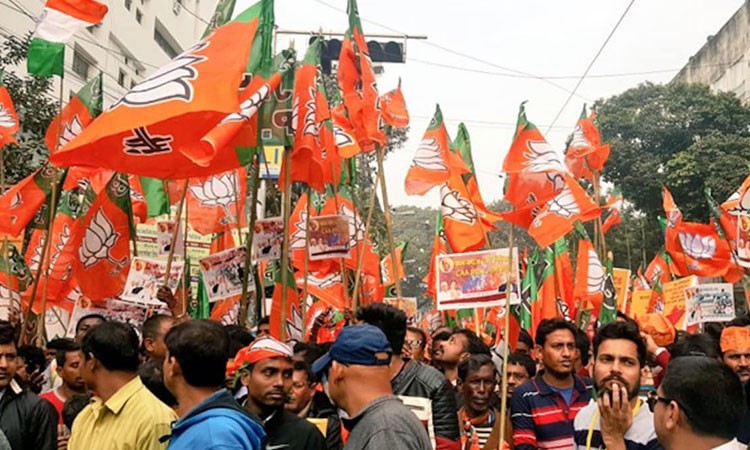
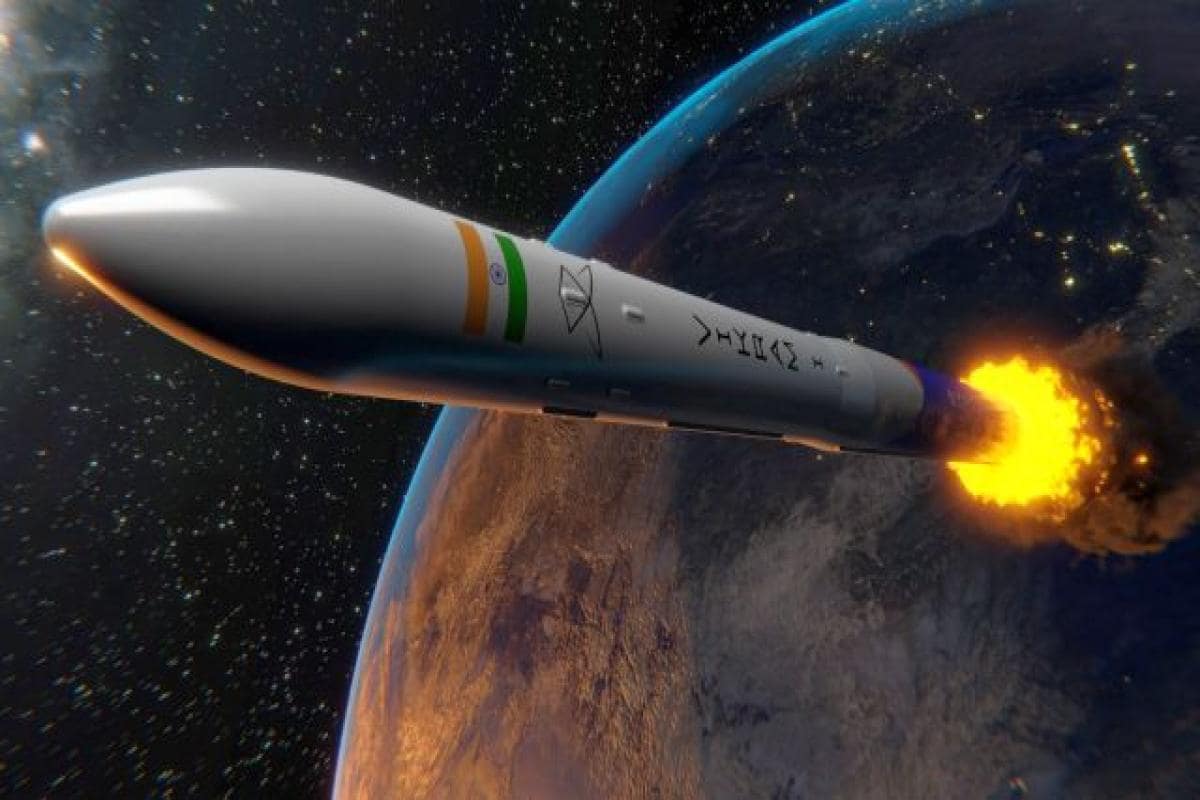
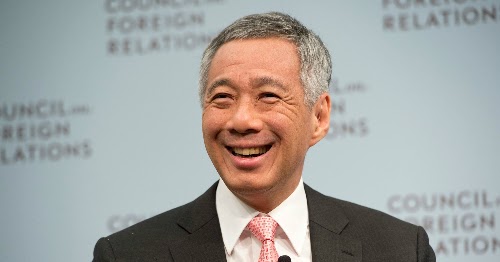
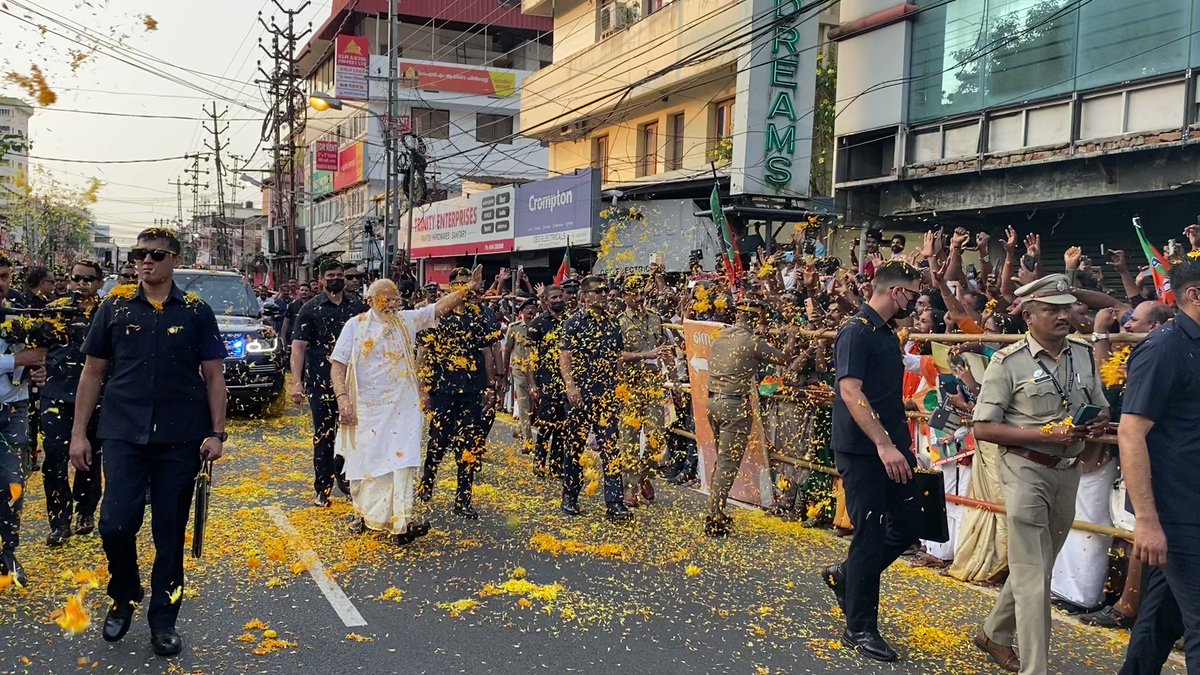
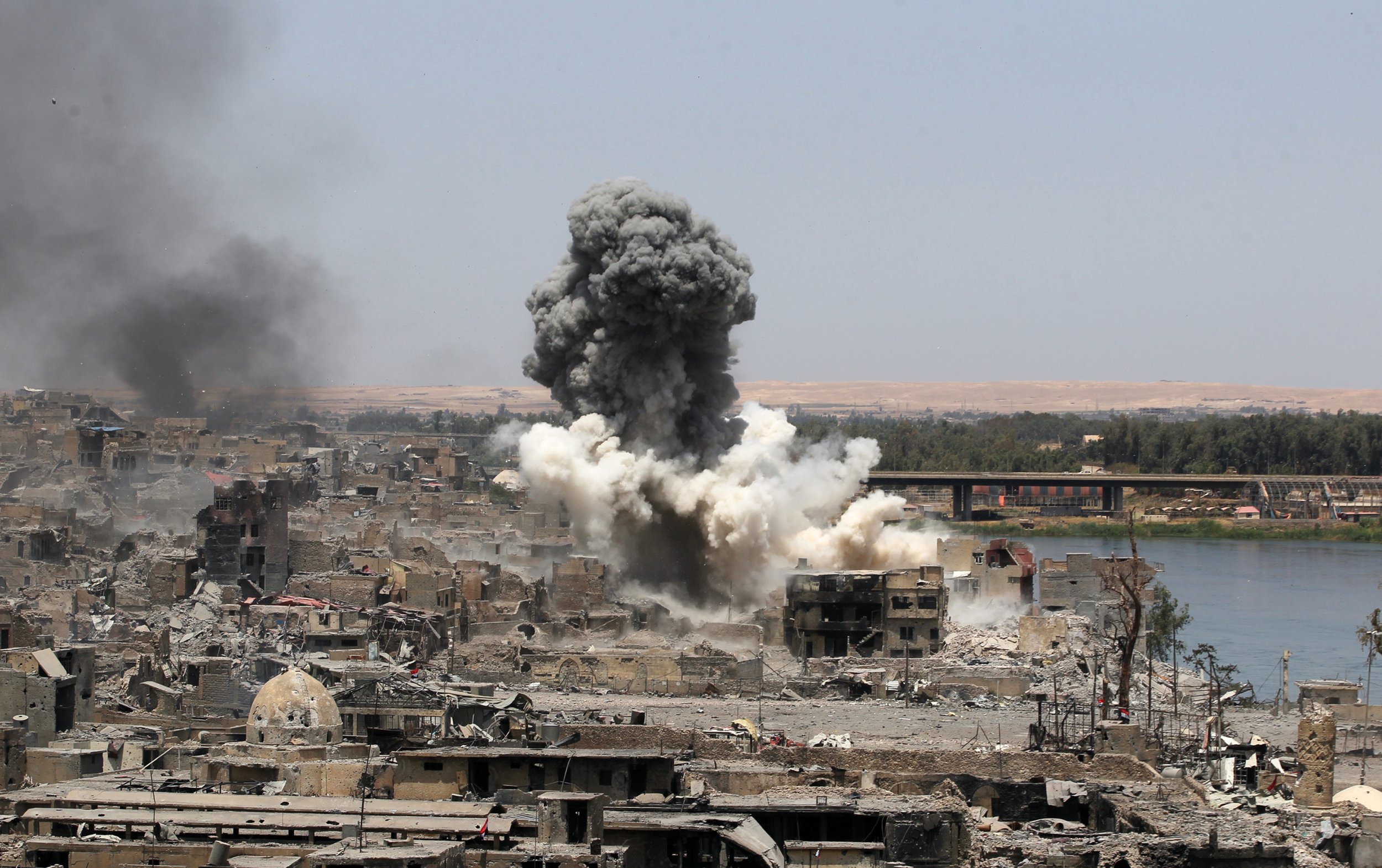
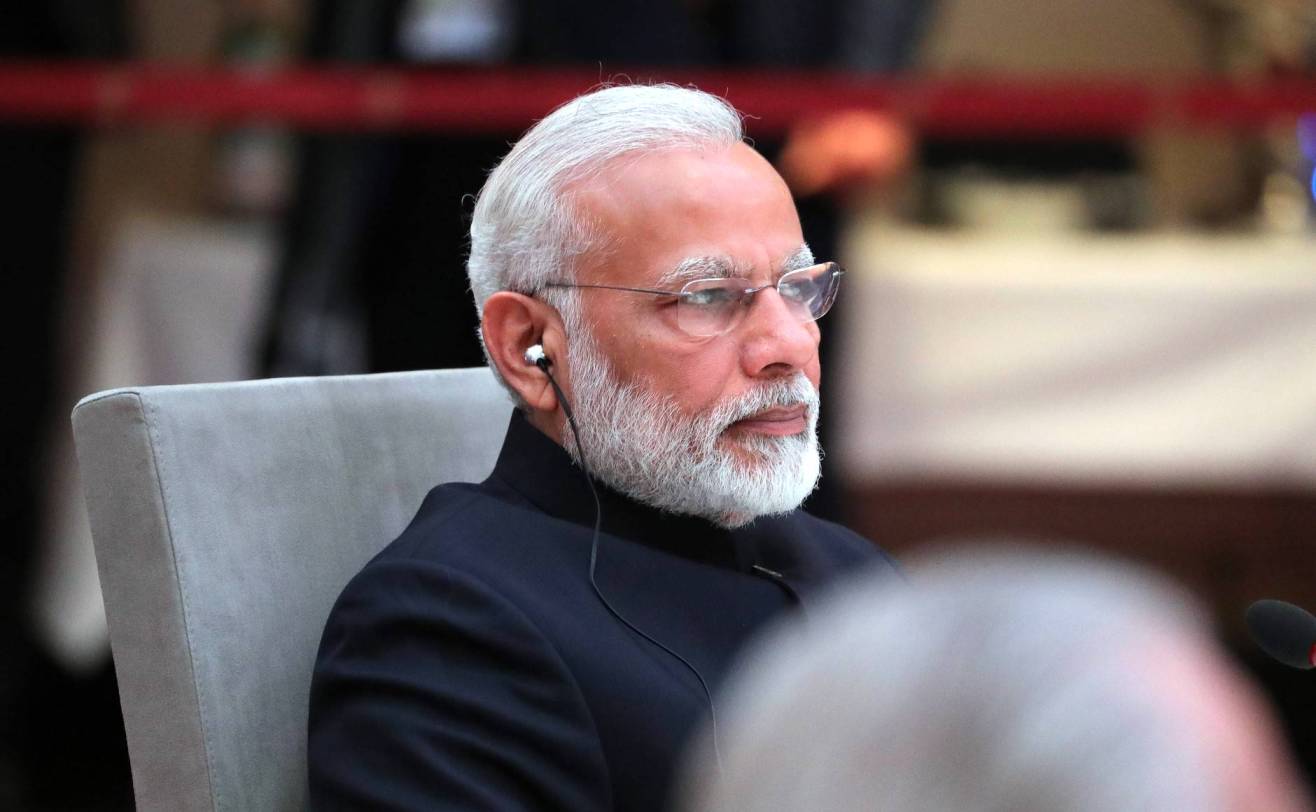
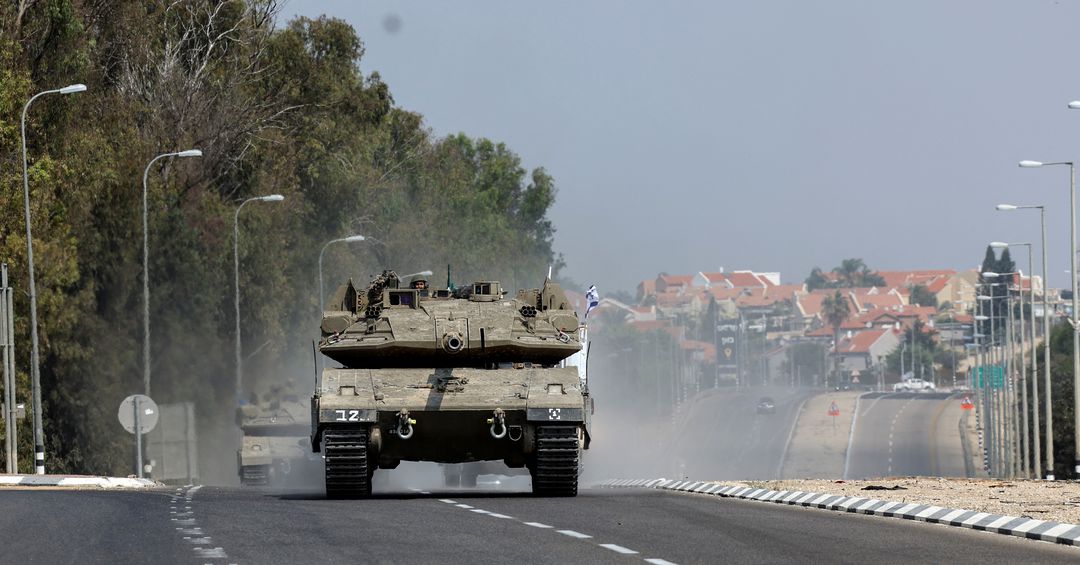
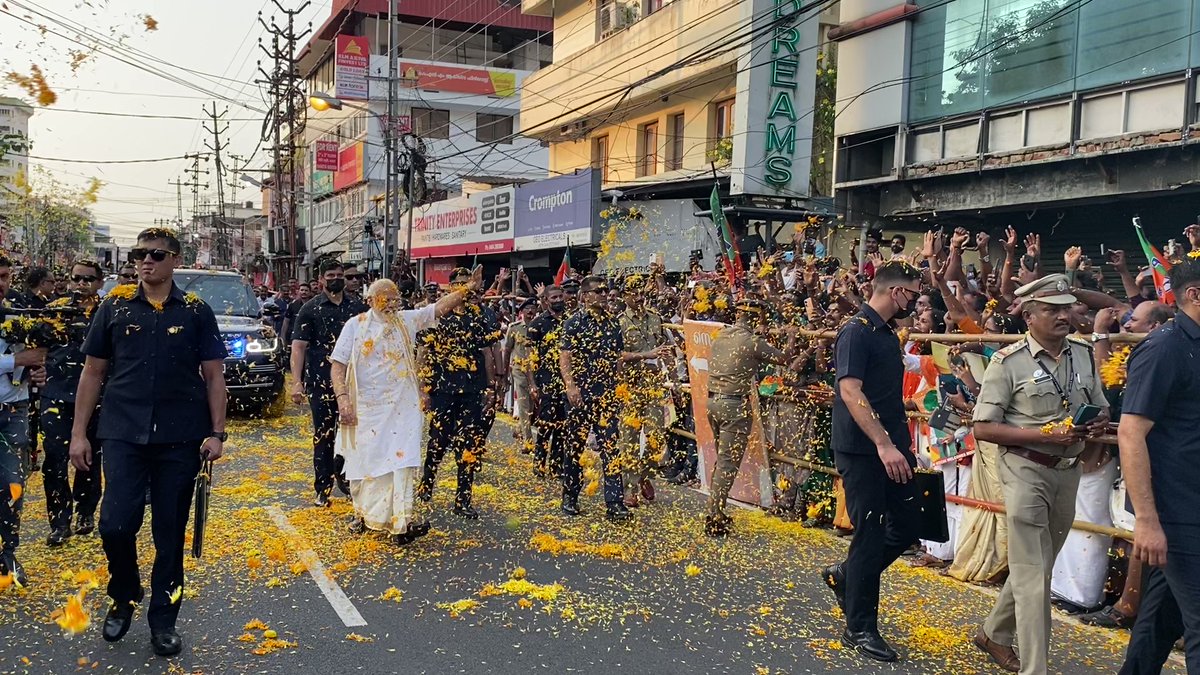
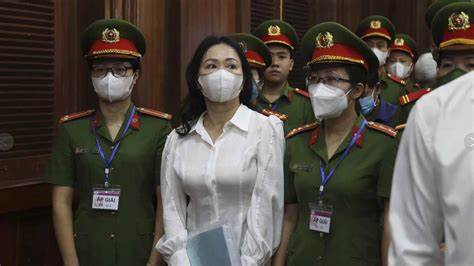






Comments (0)